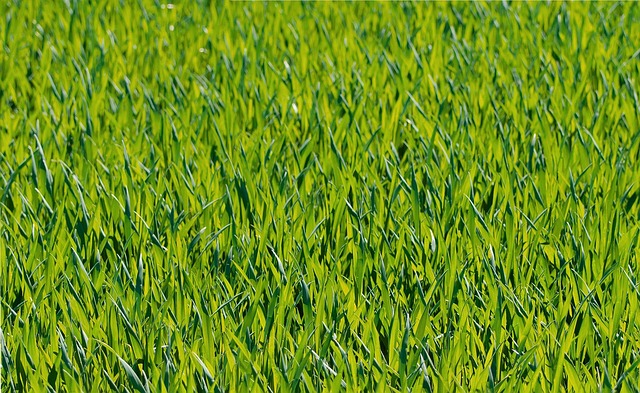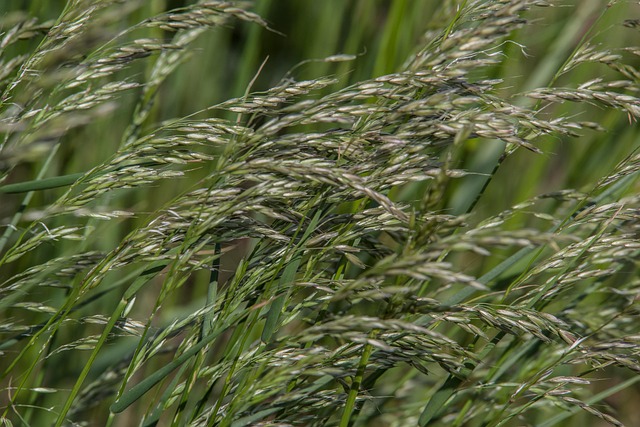Soil testing is essential for vegetation management in Castle Pines' utility easements, promoting ecosystem health and aesthetics while optimizing plant growth. Regular analysis allows professionals to customize solutions, select suitable plants for local conditions, and proactively address issues like erosion or nutrient deficiencies. This proactive approach reduces maintenance needs, supports sustainable urban development with compacted easements, enhances safety and aesthetics by targeting invasive plants and improper landscaping, and ultimately safeguards critical infrastructure and fosters beautiful outdoor spaces.
In the vibrant, bustling community of Castle Pines, proper vegetation management is crucial for maintaining both safety and aesthetic appeal, especially within utility easements. This article explores the significance of soil testing services in these areas, providing a comprehensive guide to understanding, implementing, and reaping the benefits. Discover how professional testing enhances landscape beauty while ensuring the longevity and efficiency of essential utilities through effective vegetation management strategies tailored for Castle Pines.
- Understanding the Importance of Soil Testing for Utility Easements
- The Process: How Vegetation Management Soil Testing Works
- Benefits and Results: Enhancing Safety and Landscape Beauty in Castle Pines
Understanding the Importance of Soil Testing for Utility Easements

In the context of vegetation management for utility easements in Castle Pines, soil testing plays a pivotal role in ensuring optimal growth conditions for plants while maintaining access to essential services. By examining soil composition, including nutrient levels, pH balance, and organic matter content, professionals can identify areas requiring amendments to support healthy lawn development. This proactive approach not only enhances the aesthetics of the easements but also contributes to the overall health of the ecosystem.
Regular soil testing allows for tailored solutions to manage vegetation effectively. It helps in selecting appropriate plants suited to the local soil conditions, promoting sustainability and reducing maintenance needs. Moreover, it facilitates the early detection of potential issues like soil erosion or nutrient deficiencies, enabling timely interventions. This is particularly crucial in urban areas where utility easements are often compacted and may lack the natural fertility required for lush, vibrant lawns.
The Process: How Vegetation Management Soil Testing Works

Vegetation management for utility easements in Castle Pines involves a meticulous process that begins with soil testing. This critical step ensures that any plants or vegetation introduced or maintained in these areas are suitable and beneficial, not detrimental to the underlying infrastructure. The process starts with a comprehensive analysis of the soil sample, examining its composition, nutrient levels, pH balance, and organic matter content.
Once the initial test results are in, experts interpret the data to identify any deficiencies or excesses that might affect vegetation growth and utility lines. Based on this assessment, tailored recommendations are made for fertilization, amendment, or specific plant species suitable for the soil conditions. This targeted approach ensures that vegetation management in Castle Pines easements not only enhances aesthetics but also supports the long-term health of both the plants and the critical infrastructure they share space with.
Benefits and Results: Enhancing Safety and Landscape Beauty in Castle Pines

Lawn plant soil testing services offer a multitude of benefits for homeowners and landscape professionals in Castle Pines, enhancing both safety and aesthetic appeal. By understanding the unique soil composition and nutrient needs of your lawn, you can implement targeted vegetation management strategies specifically tailored to utility easements. This approach ensures that essential services like power lines, water pipes, and telecommunications cables are protected from damage caused by invasive plants or improper landscaping.
The results of soil testing translate directly into improved landscape beauty. With accurate data on nutrient levels and pH balance, professionals can amend the soil to support healthier grass growth, vibrant flowers, and robust shrubs and trees. This not only creates a visually pleasing outdoor space but also fosters a safer environment by reducing the risk of tripping hazards, blocking important utilities, or encouraging the growth of noxious weeds that can spread into nearby natural areas.
Lawn plant soil testing services play a pivotal role in ensuring optimal landscape health, especially in areas like Castle Pines where vegetation management for utility easements is paramount. By understanding and addressing soil composition, these tests facilitate enhanced safety by mitigating potential hazards and improving the aesthetic appeal of green spaces. The benefits are clear: from better-managed landscapes to reduced risk of damage, regular soil testing is a game-changer for maintaining vibrant communities like Castle Pines.
